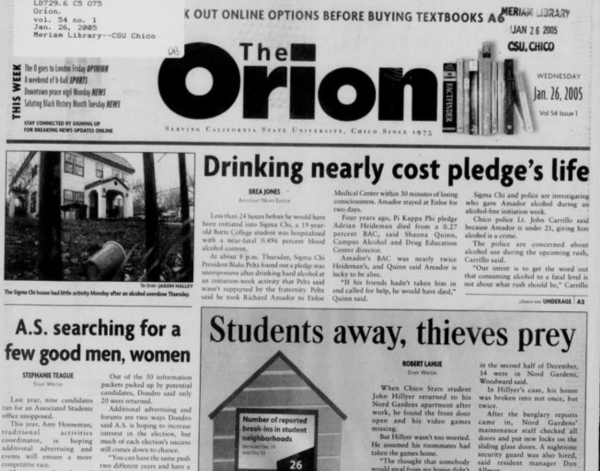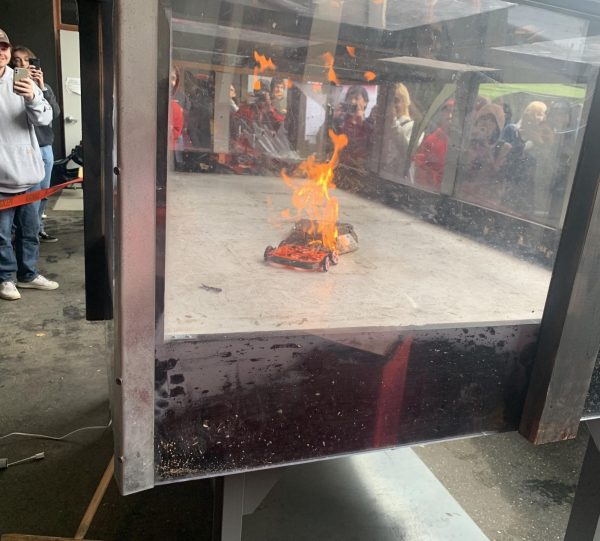Renters insurance: why we need what we hate
Why the monster that is insurance, really should live under your bed.
Most college students live in a rental. Whether with friends, new found enemies or on their own. Despite the conditions, this is where we keep our things and where we (most nights) lay our heads down to sleep. This is one of the most important places a student will go throughout the school year. A comfort zone, the place one does not always have to wear pants.
What would you do if the that place was not there when you came back from class. How would you replace those items especially as a college student? The truth is you wouldn’t — at least not on your own. That is where the dreaded insurance company come into the picture.
Renters insurance is like a condom. You need it for when you get screwed. Essentially, coverage is used to replace the things you have in your rental and/or keep you from getting sued if someone gets hurt at your place. For example, if you are having a party at your apartment and someone falls off a table and gets hurt you could be on the chopping block for that. However, if you have that sweet liability coverage you most likely won’t have to pay an arm and a leg to them. This would also help you if you flooded your neighbors place because you fell asleep waiting for the tub to fill up.
Money does not grow on trees, but using money to cover your belongings is invaluable. If you do not understand how to get renters insurance and the different overages, I suggest you talk to a trusted person in your life; a family member, a professor, even your property manager or landlord that can offer advice. Ask things, such as:
- Who do you get insurance through?
- Have you ever had to file a claim?
- How did they treat you when you did file?
- How were your rates affected?
Research multiple companies and their plans. Get quotes, most companies will provide them for free. Different plans cover different things. For example, you can purchase ‘replacement cost’ coverage for your belongings or you can purchase ‘actual cash value’ coverage. I would suggest going with replacing your belongings. You will get new items, instead of lower cash value for the ones you lost.
Do not be afraid to look stupid by asking questions to the insurance agent. Make sure to have them explain at least twice what all will be covered. Give them specific scenarios. Tell them honestly about the lifestyle of the home. I do not suggest aiming for the cheapest policy you can find, no matter how tempting; you will not get as much coverage.
Before deciding on a policy I suggest coming up with a real total of what everything is worth in the place. Your belongings may be worth more than you think.
After you have a policy, continue to document all your belongings by taking pictures of items and receipts. Store these in the cloud, that way you are sure to have access to it — if you ever need to make a claim.
Insurance companies are a necessary evil in this day and age. We can not begin to predict the future but we can know that if anything ever happens we have a back-up plan.
Rachael Bayuk can be reached at [email protected] or @BayukRachael on Twitter.

















